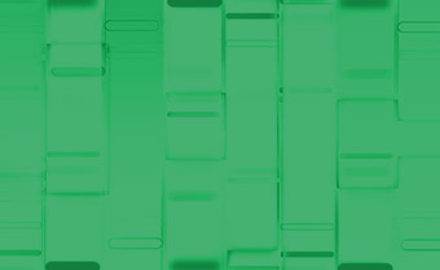Page 32 – Awareness among pathologists of National Cancer Research Institute Clinical Studies Group
References
1. Nagtegaal ID, West NP, van Krieken JHJ, Quirke, P. Pathology is a necessary and informative tool in oncology clinical trials. J Pathol 2014;232: 185–189.
2. Röcken C. Quality assurance in clinical trials – the role of pathology. Virchows Arch 2016;468:83–92.
3. Thomas JSJ, Provenzano E, Hiller L, Dunn J, Blenkinsop C, Grybowicz L et al. Central pathology review with two-stage quality assurance for pathological response after neoadjuvant chemotherapy in the ARTemis Trial. Mod Pathol 2017;30:1069–1077.
4. Bevilacqua G, Bosman F, Dassesse T, Höfler H, Janin A, Langer R et al. The role of the pathologist in tissue banking: European Consensus Expert Group Report. Virchows Arch 2010;456:449–454.
5. Spatz A, Ruiter DJ, Busch C, Theodorovic I, Oosterhuis JW. The role of the EORTC pathologist in clinical trials: achievements and perspectives. European Organisation for Research and Treatment of Cancer. Eur J Cancer 2002;38:S120–124 (suppl. 4).
6. Nagtegaal ID, van de Velde CJ, van der Worp E, Kapiteijn E, Quirke P, van Krieken JH; Cooperative Clinical Investigators of the Dutch Colorectal Cancer Group. Macroscopic evaluation of rectal cancer resection specimen: clinical significance of the pathologist in quality control. J Clin Oncol 2002;20:1729–1734.
7. Han HS, Magliocco AM. Molecular Testing and the Pathologist’s Role in Clinical Trials of Breast Cancer. Clin Breast Cancer 2016;16:166–179.
8. National Cancer Research Institute. NCRI Clinical Studies Groups. Accessed October 2017. http://csg.ncri.org.uk/








